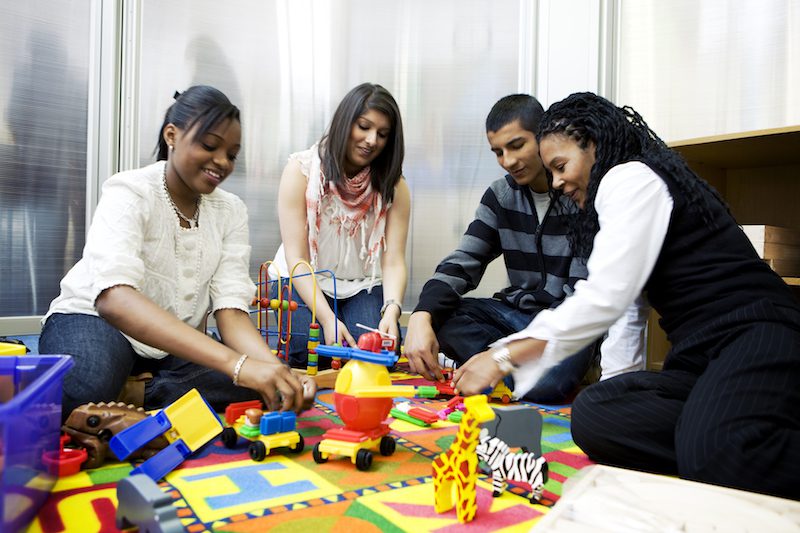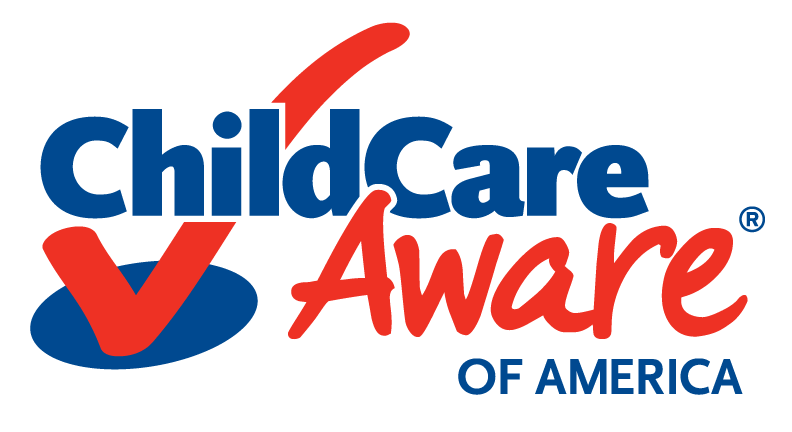All child care providers need training and education in order to learn new information to help keep children healthy and safe. Ongoing training and education can also help child care providers learn and practice new teaching skills and can give providers ideas and resources on how to provide quality child care.

Required and Ongoing Training Essentials
Each state will have different training requirements for child care providers. Generally, certain health and safety topics such as CPR, First Aid, and safe sleep may be required. In addition to the required trainings, ongoing training helps reinforce best practices and helps you learn new information and skills. Check with your local Child Care Resource and Referral (CCR&R) agency for a list of required and ongoing training topics.
Some trainings may be more in-depth, offered over a period of time, and may award certificates or a credential upon successful completion. Check to see if these trainings offer continuing education units (CEUs) for a fee. This might help you earn credits towards a college degree. Your local CCR&R can help you find these types of trainings that can help you earn a higher educational degree.
Education Essentials
Each state will have different educational requirements for child care providers. Continuing your education can help you provide quality child care and is an important hallmark of high-quality programs. Different quality improvement initiatives, such as accreditation and state Quality Rating and Improvement Systems (QRIS) require higher levels of education in order to achieve accreditation or higher levels on the QRIS.
There are different ways you can continue your education in the early childhood field. Contact your local Child Care Resource and Referral (CCR&R) agency to learn more about different programs in your area that can help you earn your Child Development Associate (CDA) credential, associate’s degree or bachelor’s degree in early childhood education. Your local colleges and universities will also have information on earning your associate or bachelor’s degree in early childhood education.
![]()
Pandemic Considerations: It is important that all staff members receive training on COVID-19 topics and procedures in order to keep children, families, and staff members safe during the pandemic. Training topics should include enhanced health and safety measures, conducting daily health screenings and temperature checks for children and themselves, and recognizing COVID-19 symptoms and caring for children who begin presenting symptoms of COVID-19 or other contagious illness.
Check with your local CCR&R agency about online training opportunities to help prepare staff to care for children safely during the pandemic. The following resources may also be helpful:


